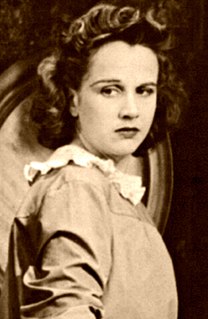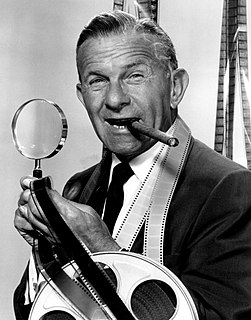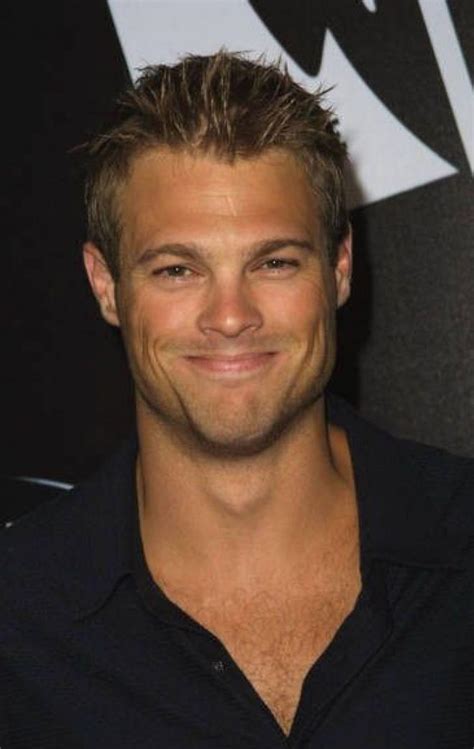A Quote by Ernest Sosa
If the agent aims to make the attempt if and only if it would be apt, then a distinctive element of risk assessment becomes relevant: How probably would the agent succeed in attempting that fuller end?
Related Quotes
If a shot aimed at aptness succeeds aptly, it is then fully apt, since it is not only apt but also aptly apt. But the full aptness of such an attempt is entirely compatible with its being a horrible murder, if the "hunter" is an assassin and the prey his victim. That hunter's shot may still be outstandingly, fully apt, if it manifests the agent's competence in both archery dexterity and shot selection.
Given its more substantial aim, a judgment is apt only if its constitutive alethic affirmation is not only apt but aptly apt. The subject must attain aptly not only the truth of his affirmation but also its aptness. And that in turn requires not only the proper operation of one's perception, memory, inference, etc., but also that one deploy such competences through competent epistemic risk assessment.
I have lunch with my friend who works for a theatrical agent and her and I were sitting there eating lunch on Sunset Boulevard and a woman who was a theatrical agent drove by and saw me and jumped out of the car and ran up and handed me her card. I had no idea this happens or would happen and I didn't know what to expect out of it. And my brother said alright you better call her and I said alright, why not? So that's pretty much how we got our first agent and then we started taking acting classes.
As a matter of selective necessity, man is an agent. He is, in his own apprehension, a centre of unfolding impulsive activity-'teleological activity.' He is an agent seeking in every act the accomplishment of some concrete, objective, impersonal end. By force of being such an agent, he is possessed of a taste for effective work, and a distaste for futile effort.
I was doing a lot of web design at the time. And anybody that has an agent thinks, "Why do I need an agent?" Maybe it's a little different as an actor - of course you need an agent - but any kind of agency that's selling something for you, you think, "Why can't I sell this myself? It doesn't make sense."
It wasn't exactly a cattle call. I had an agent, and they were seeing people for the parts, so my agent said, "Here's the script, see if there's anything that speaks to you." And I did, and I called my agent and said, "I think this character Data is kind of interesting," and she said, "Well, okay, I'll get you the appointment with Junie Lowry." I had to read with the casting agent first, 'cause nobody really knew me then. Then after that, I had, I think, six different auditions for the role. And finally it was me [on Star Trek].






































